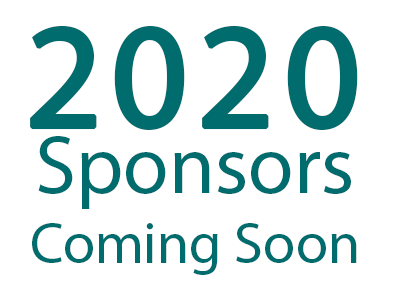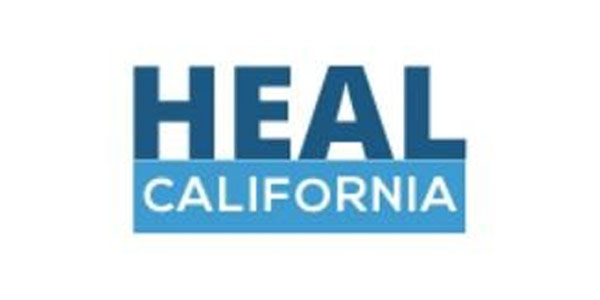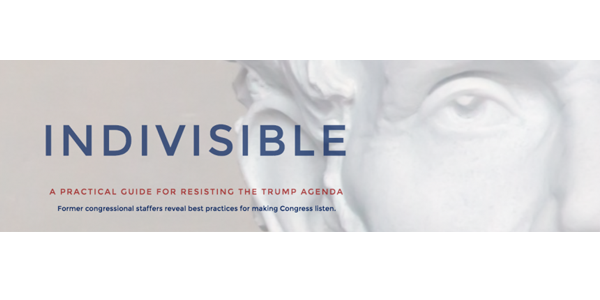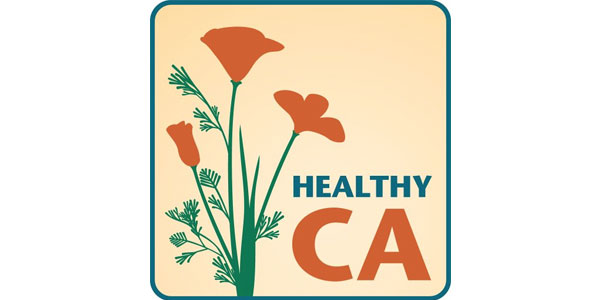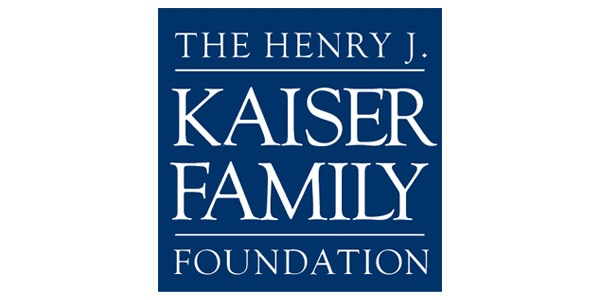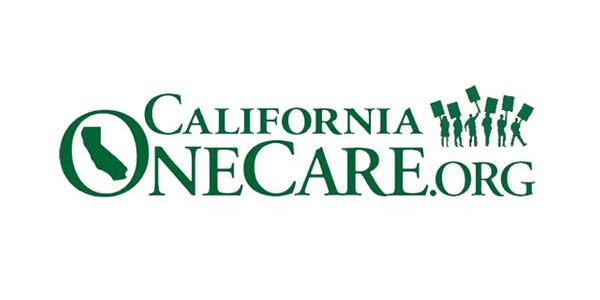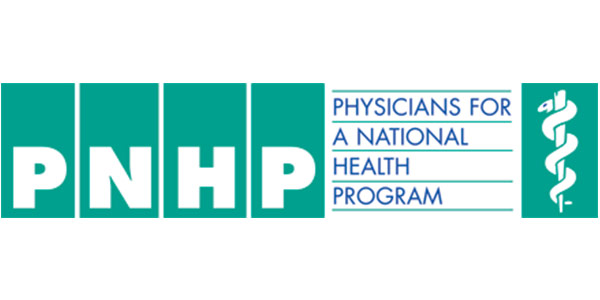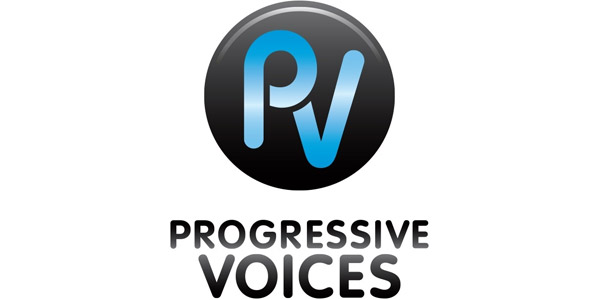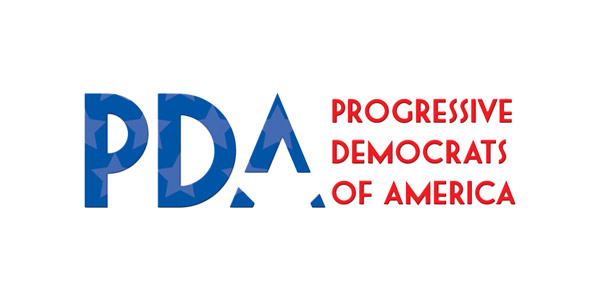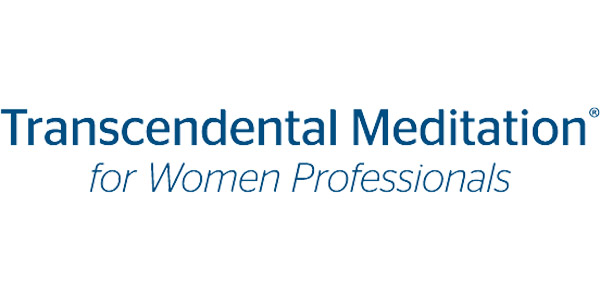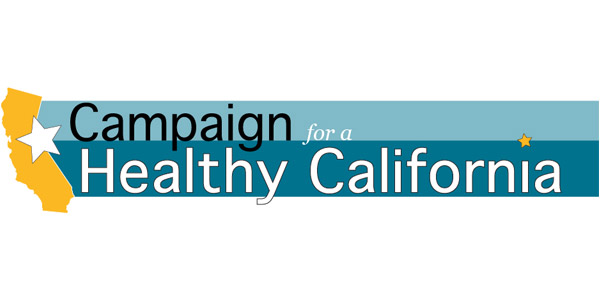Coffee Caveats | Nutrition Facts | Dr. Michael Greger

Last month in the American Journal of Clinical Nutrition, an editorial entitled “Coffee consumption and risk of chronic diseases: changing our views” reviewed the growing evidence that for most people, the benefits of drinking coffee likely outweigh the risks. For example, a recent analysis of the best studies published to date suggests coffee consumption may lead to a modest reduction in overall cancer incidence, as detailed in my 1-min. video Coffee and Cancer.
Each daily cup o’ joe was associated with about a 3% reduced risk of cancers, especially bladder, breast, mouth, colorectal, endometrial, esophageal, liver, leukemic, pancreatic, and prostate cancers.
What about the caffeine, though? Glad you asked! Check out What About the Caffeine?
There are a few caveats. Some health conditions may be worsened by coffee, such as insomnia, anxiety, gastroesophageal reflux (heartburn), high blood pressure, and certain heartbeat rhythm irregularities. There are also compounds in coffee that increase cholesterol levels, but are effectively removed when filtered through paper, so drip coffee is preferable to boiled, French press and espresso. Pregnant women should restrict caffeine consumption to less than two cups of coffee a day.
Despite the growing evidence of health benefits associated with coffee consumption, I still don’t recommend people drink it—not because it’s not healthy, but because there are even healthier choices. In this way, coffee is like a banana, another common convenient plant product. If you have a choice, I’d encourage you to make healthier fruit choices (apples are better, berries are best). Similarly, when it comes to beverages, I’d encourage you to choose an even healthier one, like green tea.
One final note: not all routes of administering coffee are benign. Consider the title of a case reported in a medical journal last month: “Rectal Perforation…Caused by Rectal Burns Associated With Hot Coffee Enemas.”

